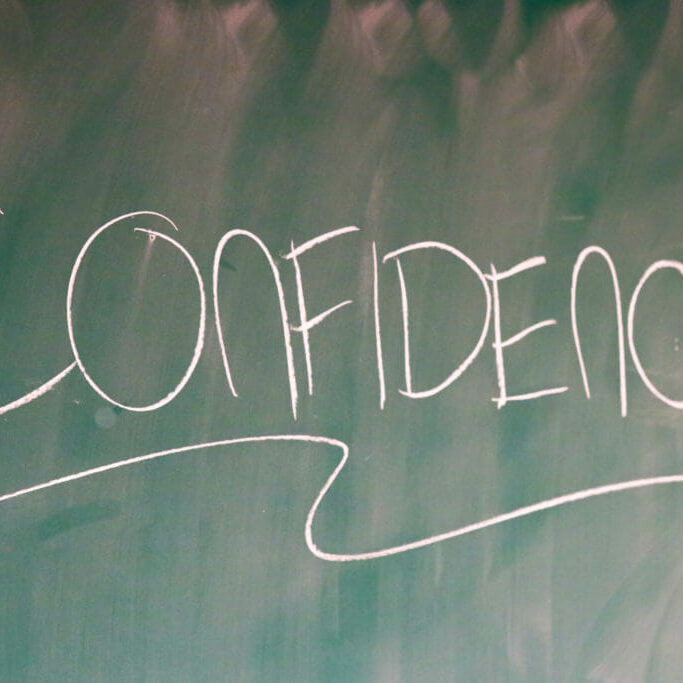
There are days I wake up feeling like a fraud, thinking to myself that I don’t deserve to be where I am. Other days I wake up thinking I’ve got the world by its tail, and I wonder, am I too confident?
There is a stigma around the idea of being confident. When someone seems overly confident, we are judgmental of his or her pride. Maybe we’re just jealous. Often, we choose to direct that hate towards another and create a negative connation for what it looks like to be confident. How often do you ask yourself, am I confident enough? And why do we think it’s such a bad thing?
Confidence is the degree to which you think and feel your actions will achieve positive results.
Confidence is quiet. Confidence comes from not being afraid to be wrong. Those that are confident listen more than they speak and step out of the spotlight. They aren’t afraid to look silly, and they own their mistakes. They understand it’s ok to fail and reward themselves when they win.
Confidence is different for everyone
However, confidence doesn’t look the same for everyone. Confidence between men and women is different. Girls and boys face different experiences that shape how we perceive future challenges.
For a boy, playing competitive sports teaches him about failure and resilience. According to the Centers for Disease Control and Prevention, girls are six times more likely than boys to drop off sports teams. Girls lose confidence, and quit competing, thereby losing the best ways to regain it. Boys stick with this challenge longer, and learn the very important skill of letting things go.
The Dunnin-Kruger effect is the tendency for some people to substantially overestimate their abilities. It states the less competent people are, the more they overestimate their abilities. This can be noticed with self-perception. In studies done by social psychologist Brenda Major at the University of California at Santa Barbra, she conducts a test asking men and women how they think they’ll do on a variety of tasks. The results found that men overestimate their ability and performance, and women underestimate both. Their performances did not differ in quality.
Struggles with perfectionism
This has created a culture where women only have confidence when they’re practically perfect, thereby struggling more greatly with perfectionism. Both men and women have doubts, yet women let their doubts stop them.
“The Confidence Code”, a 2014 article in The Atlantic by Claire Shipman and Katty Kay, revealed how women are less confident than men and how that affects their future.
Shipman and Kay’s research found when a woman looks at a job description, she asks herself “do I have 100 per cent of the qualifications for this job?” Whereas men will look at this description and think, “do I have 60 per cent of the skills” thinking they’ll learn on the job.
Shipman and Kay say women see less of a growth mindset, where they view their weaknesses as unconquerable.
Women might say, “I failed a math test because I’m not good at math.” A man might say, “I failed a math test because I didn’t study hard enough.”
In addition, Shipman and Kay’s research revealed men initiate salary negotiations four times as often as women, and when women negotiate, they ask for 30 per cent less than men.
The worrywart
According to Shipman and Kay’s research although men and women’s brains are actually very similar, there’s a difference in the anterior cingulate cortex — nicknamed the “worrywart centre.” Women’s are larger. This small area of the brain is responsible for recognizing errors and weighing options.
Ruminating is the process of chewing on a thought or rather mistakes made within a day. Studies by Shipman and Kay show women are more likely to do this then man. Therefore, women lack growth in resilience when constantly thinking about their mistakes.
Women are afraid to take risks and look stupid. Men, well, aren’t.
Maybe we women have something to learn from men. However, as a woman, it’s difficult to be confident in a world where we will be viewed as bossy for being a leader. Where we will be thought of as cocky for informing others. Where we will be viewed negatively for all the ways a man is viewed positively.
Could you imagine if women were as confident as men? What a world it would be.
Disclaimer: This piece investigates the differences of confidence between men and women, however it is understood and noted that these experiences affect everyone and not just those that identify as a male or a female.






